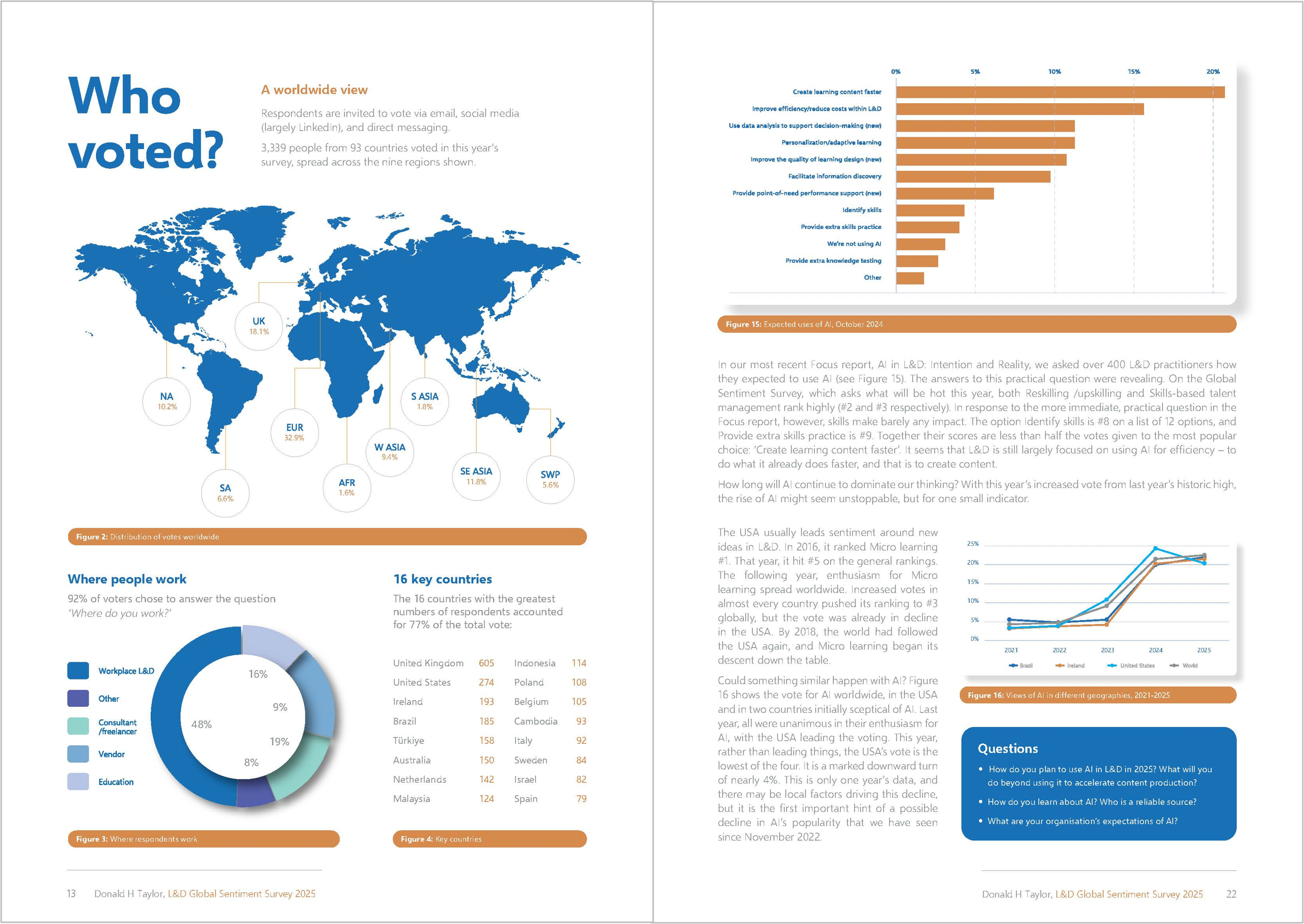Heathrow Terminal 5: Training or Systems to Blame?

Skills and systems have made the headlines in the last few days – for all the wrong reasons. Heathrow’s Terminal 5, opened to great fanfare on Thursday, and promptly ran into trouble.
A fifth of flights were cancelled and some 28,000 pieces of luggage not loaded, having to be matched to owners, often in far-flung locations, at some point this week.
The key problem: apparently staff at the £4.3 bn facility were inadequately trained, At least, that’s according to the mainstream media including the Daily Mail and the BBC.
Usually, the people element gets left out of these stories, and ‘IT’ or ‘systems’ are blamed. So, as an advocate of the importance of skills and development, shouldn’t I be pleased that training is getting the limelight?
No, it’s being made a scape goat.
In truth, I think that this story is both more and less complex than it seems.
It’s more complex because it involves more factors than people simply not being trained. Baggage handling staff were trained – but badly. Apparently there was a lot of ‘show and tell’ rather than hands on involvement. Simulations were unrealistically light in the amounts of baggage used. Not enough people – handlers and passengers – were involved.
But the problems have stemmed from other causes, too. Simple work aids have been misplaced or mis-managed, and pre-opening testing was too light weight to reveal this. Having enough parking so that your baggage handlers don’t spend vital time driving around looking for a space is a good idea. So, too, is having enough direction and information signs so that staff know where they are and what they’re doing.
The terminal’s minimalistic design has not helped. In a bid to fill a space with light and a sense of grandeur, Richard Rogers failed to put in any seats. That might sound smart when things are running smoothly and you want to encourage passengers to shop. When your flight is delayed and your baggage is missing, having nowhere to sit could just be the final straw.
But actually, although the issue goes beyond ‘not enough training’ to a slew of details, the greater picture is simple and clear: this is British management at its complacent worst. Someone was simply not paying enough attention to detail, making sure that the seats went in, the signs went up, the parking spaces were allocated.
Training was only ever one of the problems – and, importantly, the problem was not insufficient training, but the wrong type of training: show and tell lectures without sufficient realism, live testing of systems, full simulations of everything from driving to work to dealing with stroppy customers. Done right, as part of a coherent management plan, the right sort of training would have made some difference.
Instead a potentially great engineering achievement has left Britain an international laughing stock.


